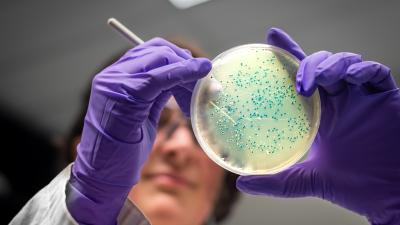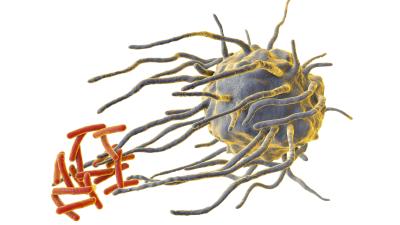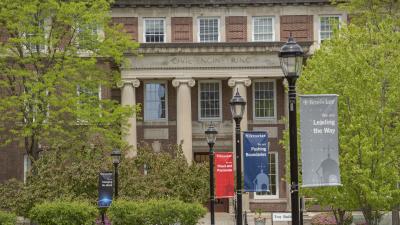Hepatitis C Drugs Multiply Effect of COVID-19 Antiviral Remdesivir
When combined with drugs currently used to treat hepatitis C, the antiviral remdesivir is 10 times more effective in treating cells infected with SARS-CoV-2, the virus that causes COVID-19.









